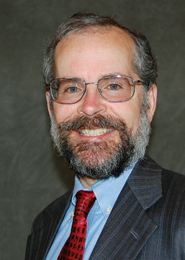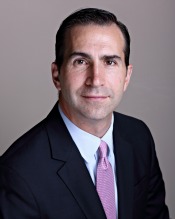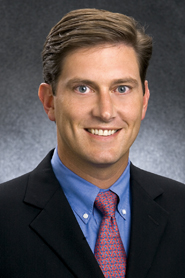Speculation has already begun regarding the upcoming Securities and Exchange Commission roundtable on technology and its impact on the equities market. Market structure professionals are mixed as to whether the confab will produce some sort of best practices rule or is it primarily a fact finding mission.

The Sept. 14 meeting of the minds is the result of the Aug.1 Knight Capital Markets meltdown, which saw the firm lose $440 million due to a software glitch. While no list of who has been invited to speak has been released yet, the SEC has said it wants the discussion to focus on the design and control of all types of automated market systems to prevent another Knight-type event.
"Reliance on technology has enabled the markets to achieve extraordinary levels of speed and efficiency," SEC chairman Mary Schapiro said recently. "But with technology comes a responsibility for getting it right, minimizing errors and protecting the interests of investors."
There have been plenty of questions surrounding the Knight trading fiasco, especially regarding the technology and testing of the software that is believed to have caused the glitch. The SEC, aware that the equity markets are facing waning investor confidence thanks to myriad market events, such as the botched IPOs for BATS and Facebook.
One academic believes the SEC will put the industry on the spot and hold its collective feet to the fire. It has to get the public answers, and produce a remedy, according to Jim Angel, associate professor of finance at the McDonough School of business at Georgetown University and expert in market microstructure.

"My crystal ball is clear on what the SEC will have to do," Angel said. "We’ll hear a lot of talk at the meeting and then they will pass a rule that says exchanges and broker-dealers will have to have good technology and follow certain best practices."
Furthermore, exchanges and firms market participants will have to document their respective policies and procedures to show they have formal guidelines and also explain what they are doing to follow these best practices, Angel added. "But expect no more, as the agency simply doesn’t have the manpower to physically check out all this technology. They’ll have to take the word of the industry."
But taking the word of the industry might not be enough. Joe Gawronski, president and chief operating officer at Rosenblatt Securities, agrees with Georgetown’s Angel that the SEC is considering establishing some sort of best practices guidelines. But it might not stop there. To restore confidence and increase accountability, the SEC might look at requiring a senior level executive at brokerages and exchanges to "sign-off" that proper testing and certification of new technology has been completed, he added.
"Given the issues with Knight arising from coding to the NYSE’s new RLP program and the BATS withdrawn IPO in its first attempted company listing, the SEC is going to be particularly focused on coding associated with the introduction of new functionality," Gawronski said. "That could mean not only attempting to establish best practices around testing and better ways to respond and coordinate among market participants when market disruptions inevitably still happen, but even an attempt for the SEC to hold brokers and exchanges accountable through officer or other forms of certification."

The bottom line, he added, is that the SEC is going to look at the state of automation within the industry and examine anything that can be done to decrease technology -driven market disruptions and crises.
"I’d also look for questions and eventually solutions on how the SEC can tweak existing post-flash crash reforms such as the circuit breakers and the market access rule," Gawronski said. "The SEC’s primary focus is on minimizing systemic risk and how they can put things in place without harming the overall improvements in market quality to which automation has contributed."
However, not all were convinced that the SEC would actually act as a result of the roundtable’s discussions. Kevin Chapman, managing director and head of trading at San Diego-based Allianz Global Investors Capital, said he plans on following the roundtable to see what is said but doesn’t expect any new rules or developments right away.
"I do not think there will be a new ruling to come out of the meeting in the short run," Chapman said. "I actually felt that it [Knight] was handled very well." That is the current market structure and rules that dealt with the issues were adequate.
He said mistakes like those that occurred at Knight have happened in the past and will most likely happen again. This is especially true, he added, since computing power and technology are likely to increase in the future. But the advances in technology don’t eliminate the need for humans or human intervention. Rather, it requires them.
"It does highlight that the traders who are paying attention and closely monitoring their orders are needed to ensure smooth operations."
Matt Samelson, principal at Woodbine Associates, a consultancy, told Traders Magazine that he doesn’t expect a rule or even guidelines about best practices emanating from the mid-September meeting. Fact finding, he said, is what the roundtable is all about.
"This is more of an exploratory mission where the SEC is looking for information to get its hands around any problems," he said.




